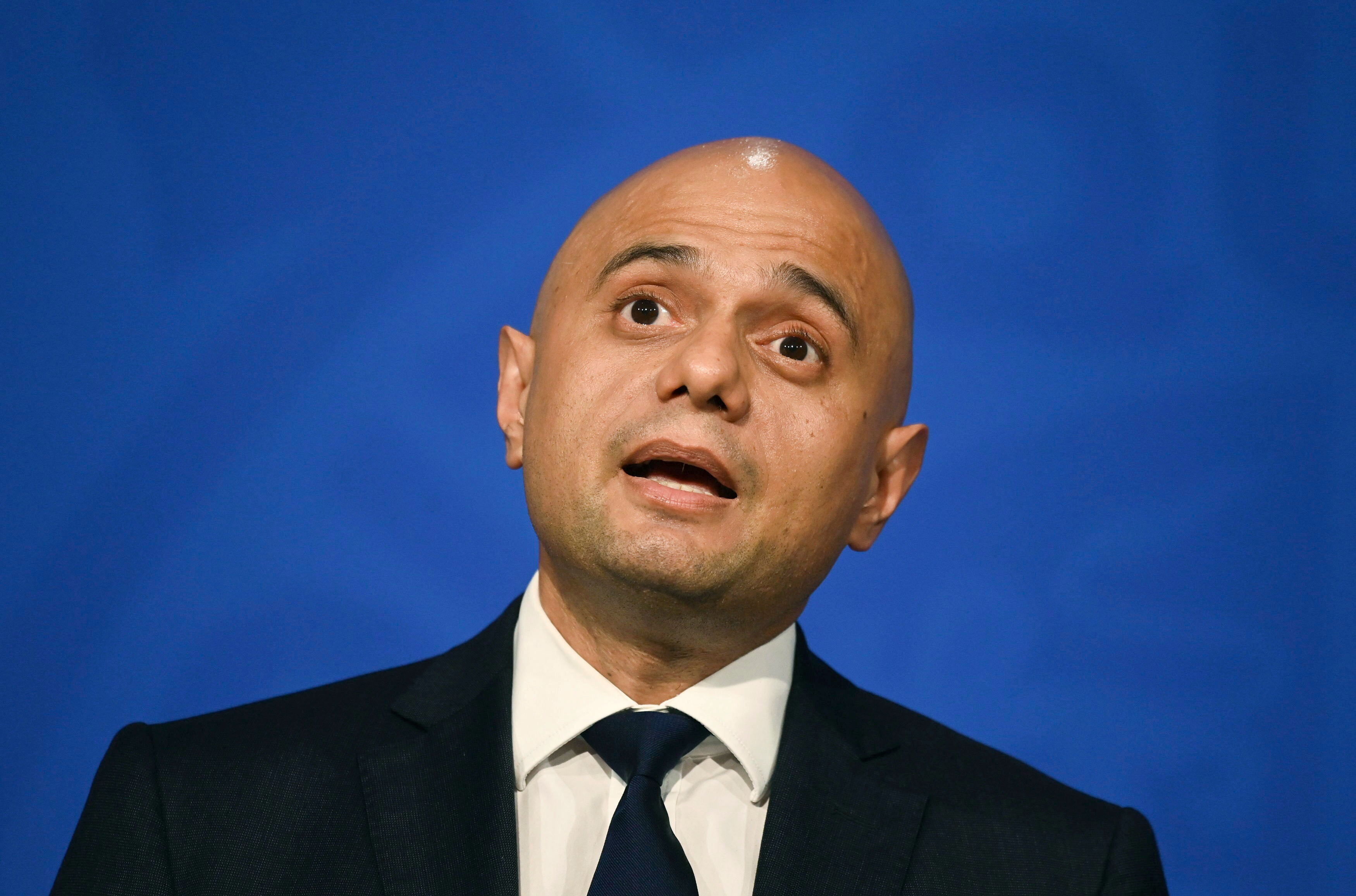Sajid Javid failed to satisfy either side of the House of Commons in his statement on omicron
Opposition MPs demanded tougher action against the new variant, while Tory MPs insisted that the health secretary must not take ‘panic measures’


Sajid Javid came to parliament today to repeat announcements that had already been made by the prime minister on Saturday and to confirm decisions made by the Joint Committee on Vaccination and Immunisation this afternoon.
All he had to do was answer questions from MPs, but his answers mostly consisted of “we don’t know” how serious the threat from the new variant of coronavirus is, which failed to please either side of the House of Commons.
There was a sharp difference between the Tory and opposition benches in the sorts of questions they asked. From the benches opposite the health secretary, MP after MP demanded tougher action, and from behind him, MP after MP demanded assurances that the government would hold back from “panic measures” and guarantee that there would be no more lockdowns.
Neither side got the answers they wanted. He told Rosena Allin-Khan, standing in for Jonathan Ashworth, the shadow health secretary who is isolating with Covid, that she must be “auditioning for the reshuffle that’s going on in her party just now”. In other words, he tried to score a party-political point by accusing her of trying to score party-political points.
He told off another Labour MP for suggesting it was the UK government’s fault that the virus had mutated – which some opposition MPs did indeed come close to saying, because they accused the government of not doing enough to get vaccines to the developing world.
Javid didn’t have a much friendlier reception on his own side. Although Matt Hancock, his predecessor at the health department, and Greg Clark, chair of the science select committee, tried to be helpful, most of the Conservatives who spoke wanted Javid to tell them that the new variant wasn’t serious and would not require a return to lockdowns.
He could not give them that assurance, he said. The best he could say was “no one wants to see those kinds of measures”, as he tried repeatedly to explain that nobody yet knows how serious the threat from omicron is. The only thing he did do was agree enthusiastically with Clark – “he is absolutely right” – who said that even if the new variant may be more able to infect people who are vaccinated, there is not yet any evidence that it causes more serious illness and death among the vaccinated.
For Labour MPs, this absence of evidence meant we ought to be taking maximum precautions. For Conservatives, it generally meant we shouldn’t overreact.
Few MPs on either side thought to challenge the measures already taken. Full marks to Mike Wood, Tory MP for Dudley South, then, who made an important point. He said “it would be perverse if South Africa was treated less favourably as a result” of its excellent testing and analysis system, which brought the potential problem of omicron to the world’s attention.
The variant may not even have originated in South Africa – it was simply detected there because the country has good testing resources – and yet the country’s reward has been to be put on the UK’s red list, requiring any travellers to take a pre-departure test and then to stay in hotel quarantine on arrival.
To keep up to speed with all the latest opinions and comment sign up to our free weekly Voices Dispatches newsletter by clicking here
Meanwhile, cases have now been detected in the Netherlands, Denmark, Canada and Australia – and people arriving from those countries are only required to isolate wherever they are staying and to take a day-two test. Given that, as Javid confirmed this afternoon, 11 cases have now been identified in the UK, and “we expect cases to rise in the coming days”, it would seem that the red-list status for South Africa and neighbouring African countries is already out of date.
Yet all Javid could offer was boilerplate congratulations to the South African authorities for handling the discovery of the new variant in such an “exemplary” way, which he said all the G7 health ministers had agreed on in their Zoom call earlier. Not much comfort to the South Africans, you might think.
In the end, as Javid stood his lonely ground at the despatch box, defending precautionary measures that are either too much or too little, it looked as if the government had struck a balance that would carry the day. When MPs vote on the measures tomorrow, the rebellious Tory liberals who oppose each and every infringement of ancient liberties (mostly ancient in the sense of being at least 20 months old) will find themselves in a small minority.
The opposition will vote with the government, while insisting it should go further. And then, over the next two weeks, we will find out whether omicron was something we needed to worry about or not.
Join our commenting forum
Join thought-provoking conversations, follow other Independent readers and see their replies
Comments
Bookmark popover
Removed from bookmarks